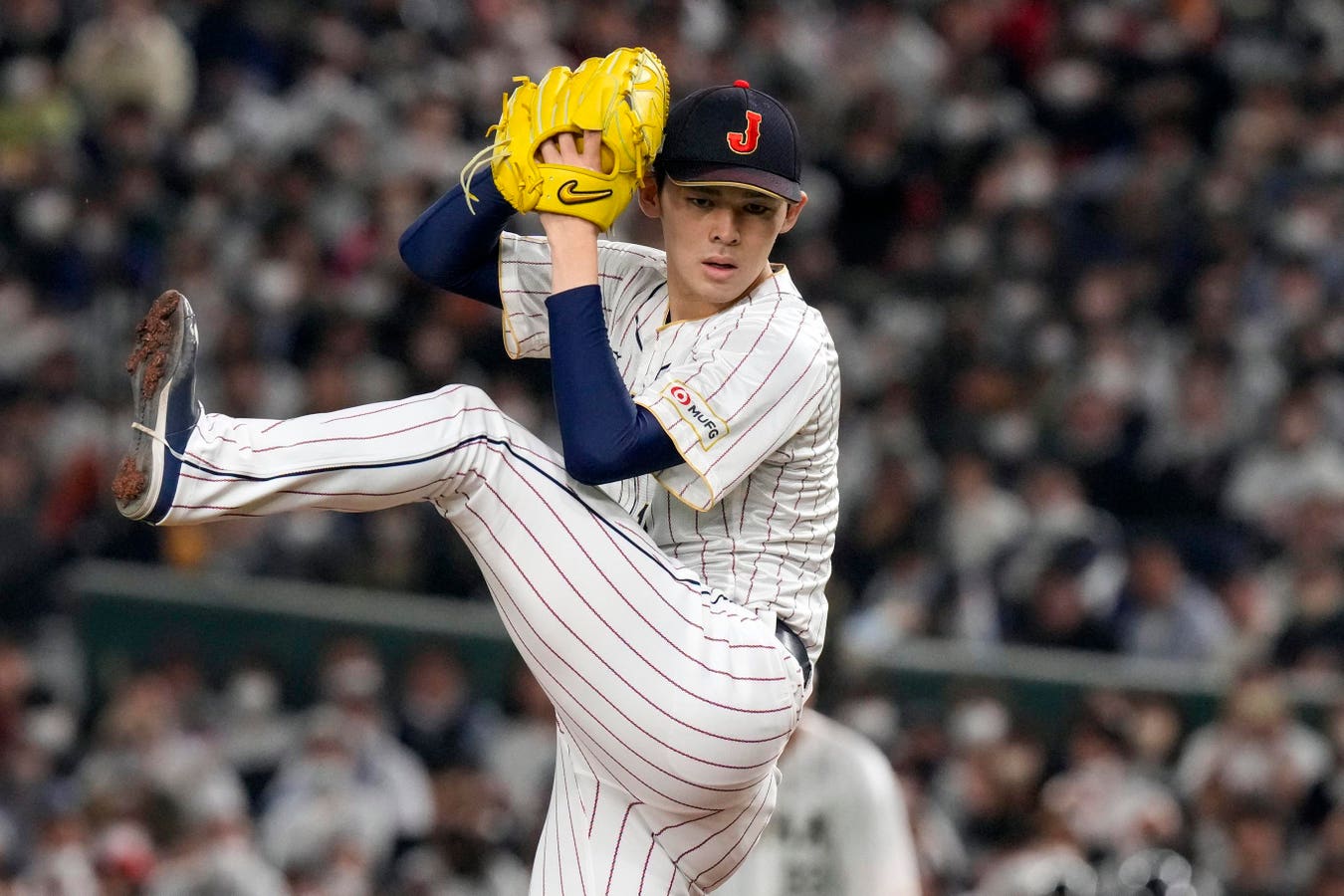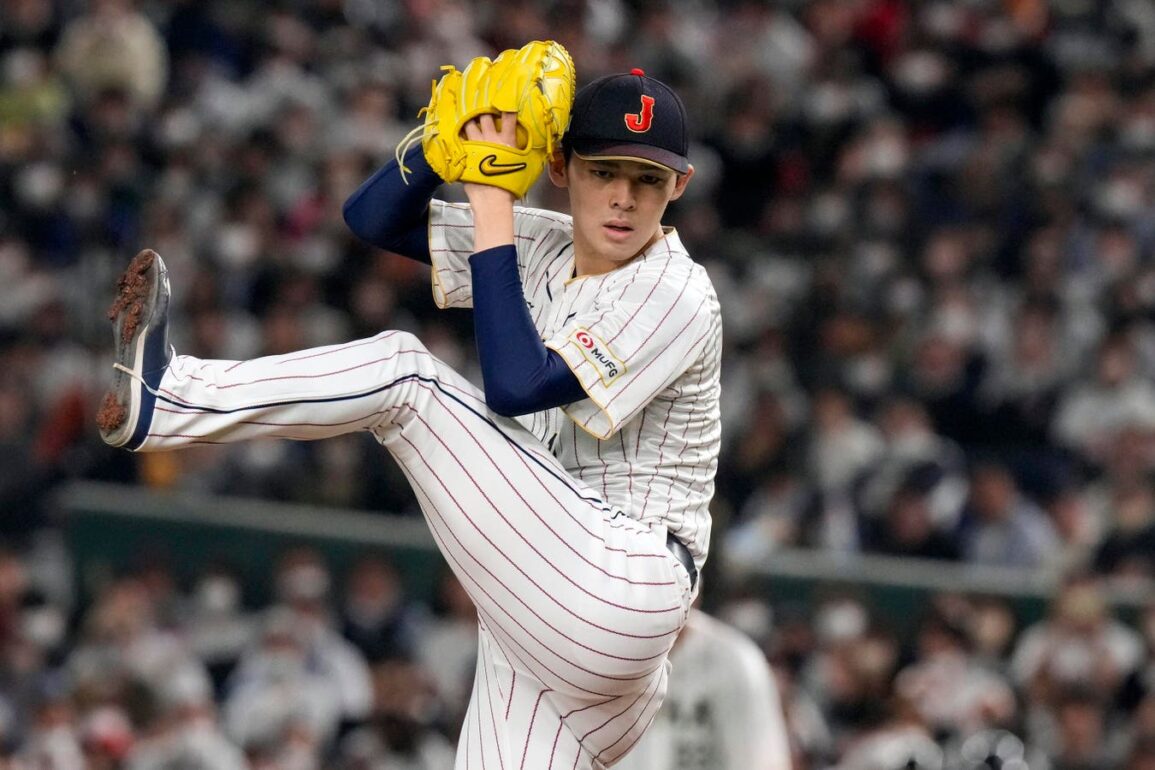
International free agency is one of baseball’s more cost-effective and, dare we say, shadiest forms of talent acquisition, even in a normal offseason. Teams are allocated pools of money to sign as many players as they want, mostly from the Dominican Republic, Venezuela, and others hotbeds of young talent. This season, the bonus pools range from $5.1462 to $7.5555 million.
In a normal offseason, clubs will come to unofficial terms with prospects well in advance of the official start of the signing period on January 15, and then make it official on or just after that date. The vast majority of players being signed aren’t eligible until that date. Obviously, such a system is rife with uncertainty, and the history of the process is full of skulduggery, both on the club and player side. Confirmation of a player’s identity and age has always been a key point – even one year between a prospect’s actual and alleged age is a big deal, and there have been cases when a player’s age was “off” by much more than that. And we haven’t gotten to the layers of middlemen on both sides of these transactions, such as the “buscones”, or unofficial agents, who get their cut of the pie for funneling prospects to organizations.
The process isn’t perfect, but it’s likely better than it used to be. But this year, a factor beyond any club’s comprehension has entered the chat. Japanese pitching sensation Roki Sasaki, 23, is a free agent, and plans to pitch for a major league club in the United States this season. Under current NPB rules, he would not be eligible to be posted by his Japanese club until his 25th birthday. Instead, he is coming over in the only manner available to him – as an international free agent, subject to the international signing pools.
Sasaki, obviously, is not all about the money. It would be much more lucrative in the short to intermediate term to stay in Japan a couple more seasons, then sign a top of market MLB free agent deal. Instead, he wishes to sign as an international free agent, then work his way through three pre-arbitration seasons, then be subject to the arbitration process for three more, and then hit unrestricted free agency. (He could sign a long-term MLB contract shortly after signing as a minor league free agent, but that’s a topic for another day.)
Talk about betting on one’s self. Injury risk is real, especially for a pitcher, but Sasaki is taking the long view. He’s going to get the entirety of someone’s international signing pool, which isn’t chump change, but pitching development and winning at the major league level are arguably even more important factors as he searches for his new employer.
But the reality on the ground as this process plays out is certainly beyond the consideration of those who created the international signing rules. This Wednesday, a slew of prospects who have unofficially committed to clubs will make their signings official. But one club – the one who signs Sasaki – is going to renege on all of their unofficial commitments and give their entire bonus pool to Sasaki. Even more weirdly, the say, seven other clubs who believe they are still “in” on Sasaki are going to be in a sort of no man’s land, where they are hoping to sign Sasaki, but don’t want to risk losing their other unofficially committed prospects if they fail to do so.
The first domino to fall in this process was Dominican shortstop prospect Darell Morell, who had unofficially committed to the Dodgers. The defending World Champions are the presumptive favorites to ink Sasaki, so Morell and his representatives read the tea leaves and committed to sign with the Pirates for $1.8 million, thought to be about twice as much as the Dodgers had promised.
In the next couple of days it’s quite possible that other prospects unofficially committed to the Dodgers, Padres and other clubs that might emerge as Sasaki favorites will test the market and jump to clear non-Sasaki teams like the Pirates if the price is right.
It’s one of those times when fans get to see exactly how the sausage is made in player procurement, and it’s not very pretty. The international free agent market is and always has been messy and at times downright unfair to the players. There are going to be clearly designated winners and losers among clubs and players as this week unfolds. Hopefully, it will amount to little more than a zero sum game, as prospects previously linked to the club that eventually lands Sasaki find dance partners elsewhere.
Roki Sasaki is a great pitcher, and a great story, and deserves to be commended for the relatively unselfish path he is taking to major league baseball. However, there are unintended consequences of that path that will surely expose some of the inadequacies of the current international signing system.
This post was originally published on this site be sure to check out more of their content.







